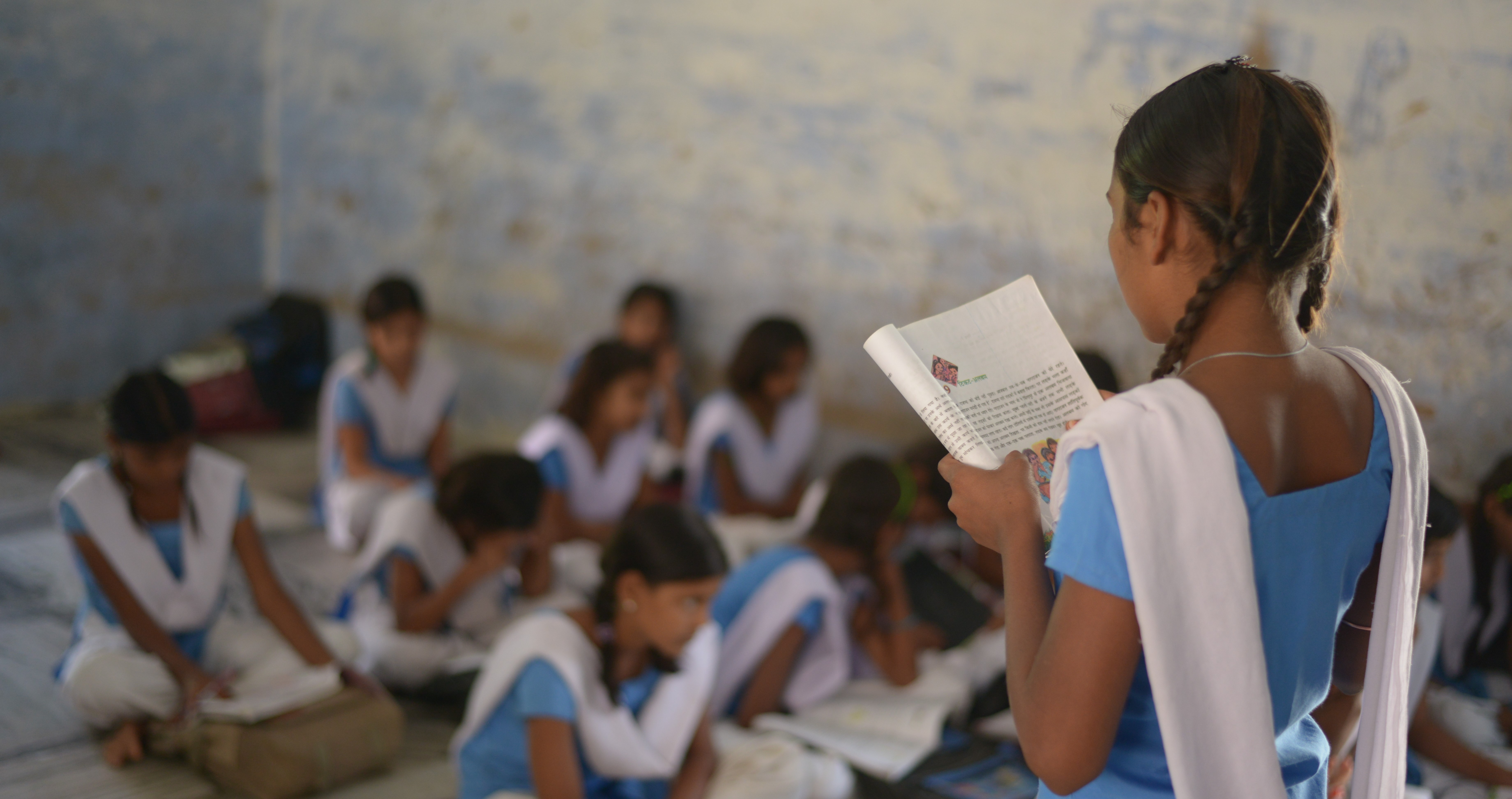The Young Indian Philanthropist

Philanthropy [fi-lan-thruh-pee] /noun/ – private initiatives for the public good.
While this classic definition of philanthropy may still hold true, philanthropy as a concept has evolved on various levels; particularly in India, where giving is deeply rooted in the fabric of Indian culture and history. With a vastly changed economic and cultural setting, where is young India headed when it comes to philanthropy?

Status quo
According to Bain’s ‘India Philanthropy Report 2017’, India’s philanthropic donations have increased with young HNI’s (under 40) contributing significantly beside corporate and family philanthropists. The report finds that the amount of funds coming from individual philanthropists has grown sixfold in the past five years, from Rs 6,000 crore in 2011 to Rs 36,000 crore in 2016.
Contributions from individual philanthropists have also grown faster than those coming from any other source, such as foreign aid, or from corporate social responsibility (CSR) activities. In 2016, private donations made up 32% of total contributions to the development sector compared to just 15% in 2011.
Yet, there is scope for a lot more to be done. The level of philanthropy in India is not proportional to the accumulation of wealth in the country. The total figure of philanthropic donations in India still amounts to just 0.6% of the GDP. Furthermore, the Bain report estimates that India will be short by Rs. 533 trillion if it’s to achieve the global Sustainable Development Goals by 2030.
Can individual philanthropists can bridge this gap? If so, what’s stopping them?

“Wealth is not new. Neither is charity. But the idea of using private wealth imaginatively, constructively, and systematically to attack the fundamental problems of mankind is new.”
– John Gardner
Roadblocks
With the CSR initiative and a broader approach to ‘giving back’ in the Indian youth, the landscape of philanthropy itself needs to undergo a change to attract more input. A Dalberg study found that India has been unable to leverage the philanthropic potential of its people because the latter perceives the development sector to be corrupt and inefficient, and is overwhelmed by regulatory constraints and unfavorable tax policies.
Furthermore, for initiatives to be effectively implemented, the focus has to shift from just giving to asking how and where monies are being leveraged for maximum impact. This can happen when all stakeholders have a better collaboration in place.
Various surveys also show that India ranks poorly on generosity indices. This isn’t because Indians don’t give enough, but because giving is rarely through formal channels.
“Is the rich world aware of how four billion of the six billion live? If we were aware, we would want to help out; we’d want to get involved.”
– Bill Gates

Going forward
Most philanthropic activity in India is currently focused on donations or fundraising. It fizzles out when it comes to effective application of those funds. This demonstrates the need to have new strategies for individual philanthropists to focus on direct high impact.
So far, a large amount of funds come from a small group of people. The population of over a billion holds strong potential for improvement in philanthropy. However, India’s challenges are as immense as its development goals – a challenge the young Indian philanthropist can hopefully address.
Source: India Philanthropy Report 2017, Bain & Co, Dasra
Educate Girls
Posted on November 15, 2017
Interested in contributing towards
educating girls?
Quick Links
Resources & More
Keep helping. Stay Updated.
Child Protection Policy | Privacy Policy | Terms of Use | Employee Login | IT Assets
Educate Girls is a project of Foundation To Educate Girls Globally (FEGG) | FEGG is registered in India under Section 8 of the Indian Companies Act, 2013.
© 2018 All rights reserved. Educate Girls.

